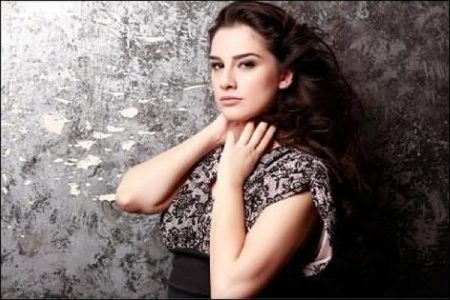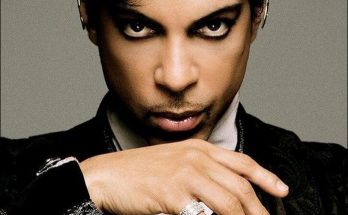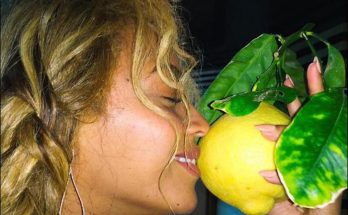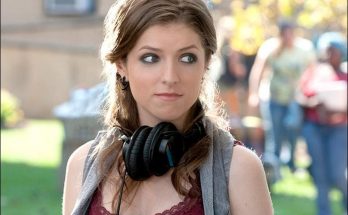Zilan Odabaşı talks about Kurdish Cinema. Zilan Odabaşı was born in Diyarbakir, Turkey, in 1988 to a Kurdish father and a Turkish mother. Her father, Yilmaz, was a well-known poet. Odabasi went to school in the city of Izmir and established herself as an actress there. She started acting in TV dramas and films in 2006, and took part in a beauty contest sponsored by Avon, winning second place. Photographs of her were published in several women’s magazines.
Her beauty and charm have brought her great popularity in Turkey. She recently starred in a movie about the life of women in Turkey’s Kurdistan and the Kurds who collaborate with the state against Kurdish guerillas. The movie was screened in theatres across Turkey last month.
Odabasi says that she lost a lot of trust in men after her husband cheated on her. “Men with feeling, love, and intelligence are attractive to me,” she said, adding that money and handsomeness don’t matter to her.
Odabasi first started acting at a very young age, becoming more professional after she met the current manager of her agency. “Ever since I was a kid I haven’t thought of anything but performing,” she said. “After finishing high school, I got to know Tomay Uzukur, who now runs my agency. That’s how my acting career started.”
Despite the exposure she was given through the Avon contest, Odabasi is certain that it was her training and acting experience that brought her the fame she enjoys now. “I can say it was experience and study that opened doors for me. Beauty isn’t everything. It’s something you have today but might not have tomorrow,” she said.
Odabasi, who has starred in both TV series and movies, thinks that appearing in a movie is very different from working on television shows. She believes that, in comparison, films are unforgettable.
“When you think about the past, there are few TV shows that you remember. But working in cinema is something different. It is an international art,” she said. “There are certain movies that you can’t forget even one minute of, or their characters, and want to watch over and over. TV shows are like talking and cinema is like writing. Talk evaporates but writing remains.”
Odabaşı would prefer to star in movies that confront real issues and appeal to people who struggle to survive. She says that cinema is perhaps the only art form that can easily deliver its message everywhere.
“I’d like to take part in serious, sad movies that deal with social problems, like the struggle of the Kurdish people and their aspirations and goals. I would be more than happy to act in those kinds of movies. We can reach a lot of people through cinema.”
As with many Kurdish children in Turkey, being born to a Kurdish family didn’t mean Odabasi grew up speaking Kurdish. Tough laws have always banned the Kurdish language in that country. She had to take courses in Kurdish and get a certificate.
“My Kurdish is good now. I finished the language course successfully and got a certificate. I had the lead role in Querej [Gypsy] and spoke all the Kurdish parts myself.”
Zilan Odabasi hopes to one day play the famous Kurdish MP Leyla Zana, who went to prison for ten years for merely speaking a few sentences in Kurdish in the Turkish parliament. Odabaşı admires Zana as a brave and dignified woman.
“If one day someone wants to make a movie about her life, I would be happy to play Zana,” said Odabasi. “She is from Diyarbakir, like me, and has a special place in my heart. There are many other Kurdish women besides Zana who have struggled and have become historic figures in the Middle East. I am proud of them.”
Kurds have always appeared in Turkish cinema, but Odabaşı isn’t happy with the types of roles they have been given. “Generally, Kurdish actors have played the roles of servants, villagers, murderers, and ignorant, comic, and naïve people.” she said. “I believe they portray the Kurds in the cinema they way they perceive and see them.”
She compares the role of Kurds in the Turkish cinema to that of African Americans in the American cinema. “The same thing somehow exists in American cinema, where negative or funny roles, thieves, murderers, and rapists are acted by African Americans,” said Odabasi.
However, Odabasi believes that the emergence of several Kurdish filmmakers has helped change the ways Kurds are generally seen, and now many people know that Kurds are, in reality, not the way they’ve historically been portrayed to be.
“There’s a new phenomenon in Turkish filmmaking: if someone in Turkey wants to make a serious movie, he’ll try to portray the Kurds objectively,” she said.
As an actress Odabasi believes that, in Turkey, some actors and actresses hesitate about revealing their Kurdish identity as they may face discrimination in the movie industry as a result of it; Kurds generally are discriminated against in that country, no matter their professional field.
“Prejudice exists in Turkey in all areas of life. When there is a social conflict, the way you’re treated is based on your ethnic identity. Art should not cover up and deny the truth and realities,” she said. “For example, when [Kurdish director] Yilmaz Guney was acting in movies, he was given trivial and simple roles. But when he wrote scripts and made his own movies and showed the reality [of life in Turkey], he drew the attention of the whole world.”
As a Kurdish woman, and because of her Kurdish name, Zilan Odabasi has experienced discrimination since she was a child. “When I was at elementary school, I had to face a lot of difficulties and injustices because of my name. But I never took it seriously. In cinema I haven’t come across any problems because of that. But I don’t know what is said behind my back and behind closed doors,” she said.
Odabasi is currently studying radio and TV journalism, and she says that she has dedicated herself fully to her studies. She is also taking Kurdish and Persian language courses and reading books in those languages whenever she gets a chance, she says.
About the possibility of a role in a movie in Iraqi Kurdistan, Odabasi says that she would be happy to participate, so long as the movie is up to her standards. “I would say yes happily,” she said. “I would take part in any serious movies with a Kurdish character.”
Views: 172



